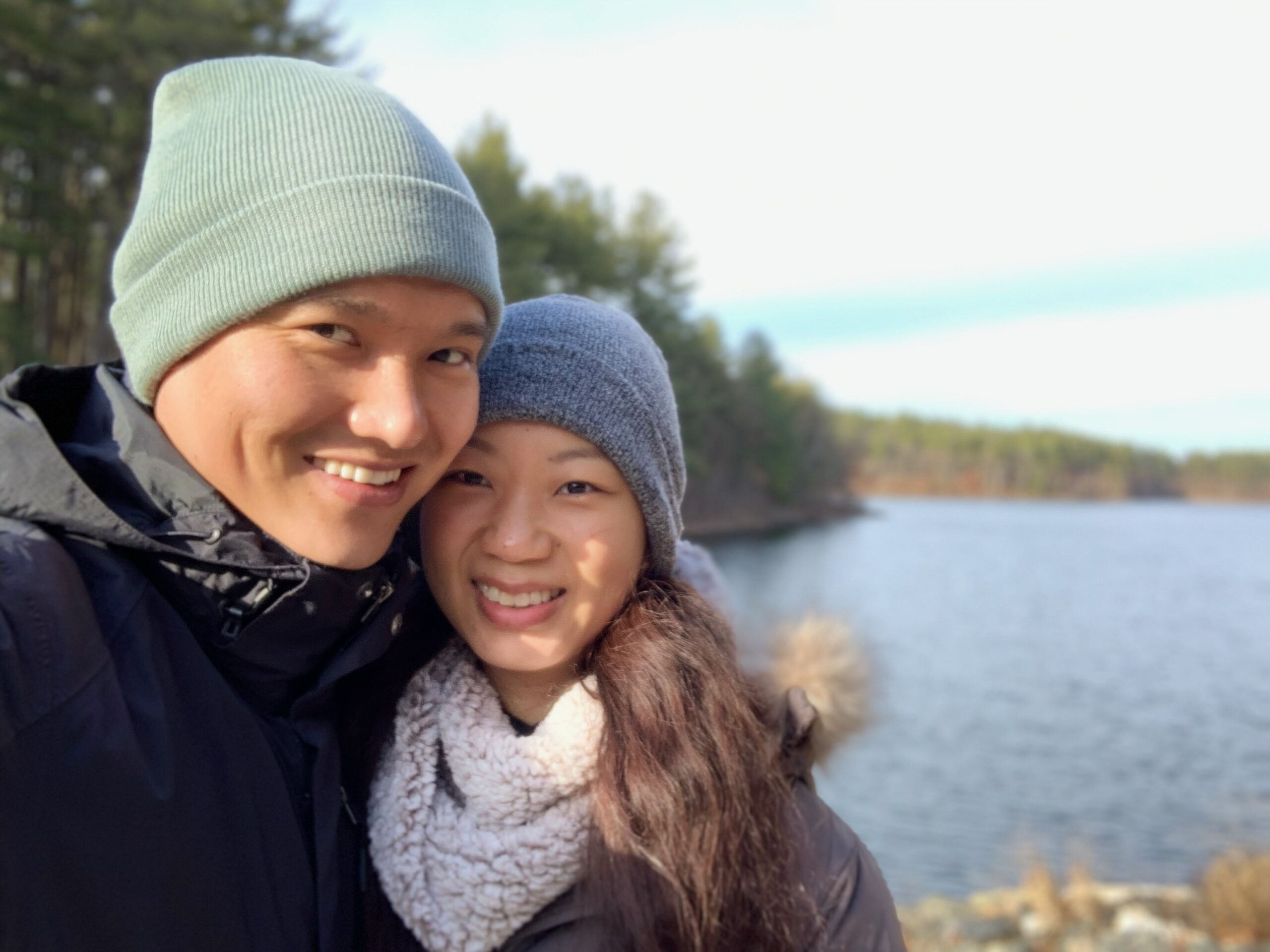Meet Our Advocates: Dr. Deyang Nyandak

Where do you call home?
India/Tibet (I have never been to Tibet but I am a Tibetan)/NJ/MA
What’s your specialty or area of expertise? Family medicine
What first inspired you to become a doctor? Growing up in India as a young Tibetan girl, I witnessed inequities when it came to access to care and the stigma women faced while seeking reproductive care. I knew I wanted to be in a position to help the members of my community and becoming a doctor was the right path for me given my interest in science.

What advice do you have for medical students and residents wanting to incorporate advocacy into their day-to-day?
There are so many ways in which we can be advocates. Even if you feel that the demands of your schedule do not allow you to delve into advocacy in the most obvious ways, you can incorporate advocacy in your day-to-day life. Reaching out to specialists for your patients, asking about your patients’ social backgrounds, and asking social workers for their assistance can make an impact on your patients’ health and their lives.
What current policy issue especially motivates you to be an advocate? The most daunting policy issue currently is SB8 in Texas. It infuriates me that people’s right to healthcare has been taken away by a very evil law.
How have the events of the past few years shaped how you view being a physician advocate?

I have witnessed how physicians can make a substantial impact in policy changes and improve health care access to patients, especially in light of the pandemic.
What is bringing you joy these days? My family, including my puppy, Norbu (means “precious” or “gem” in Tibetan).

